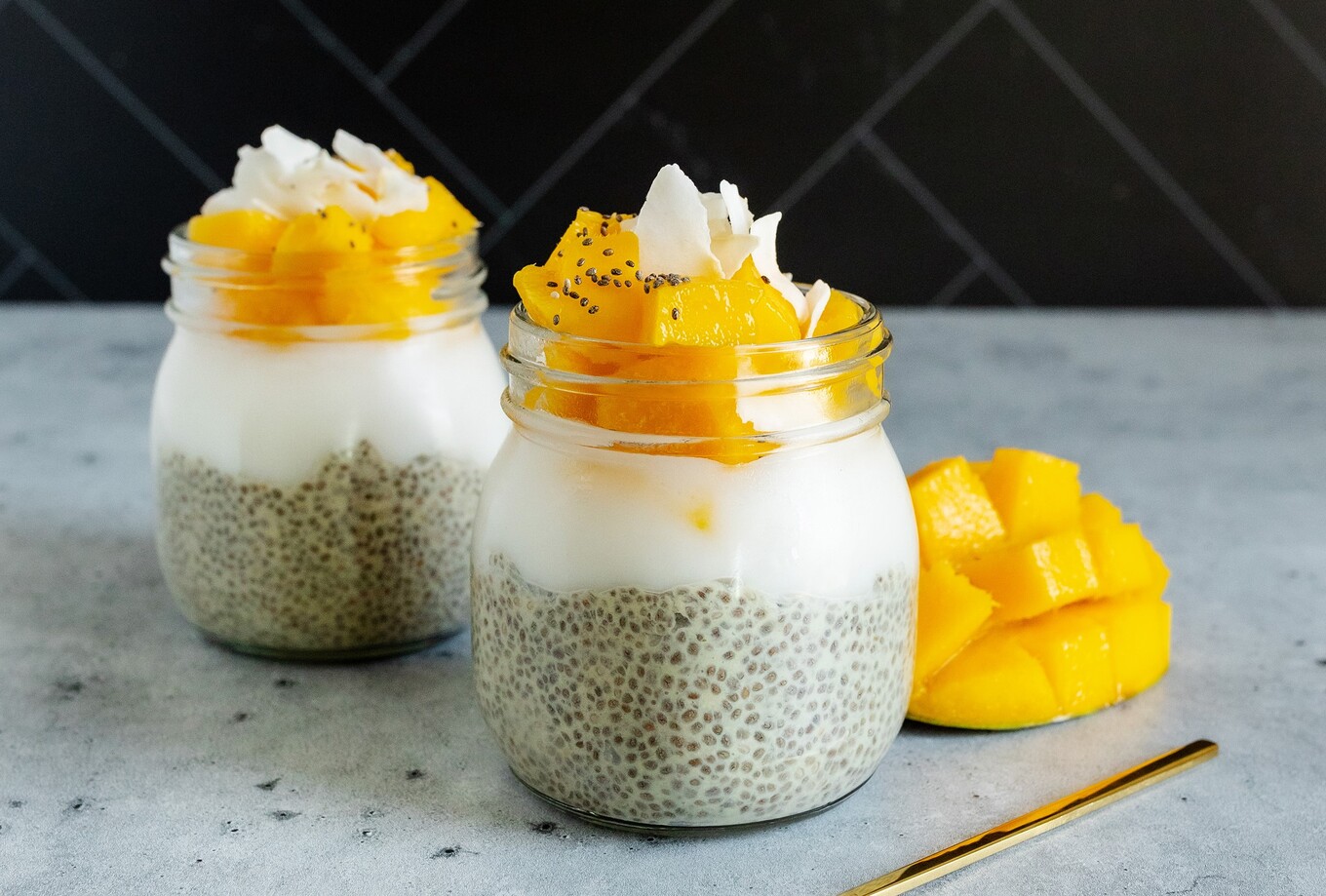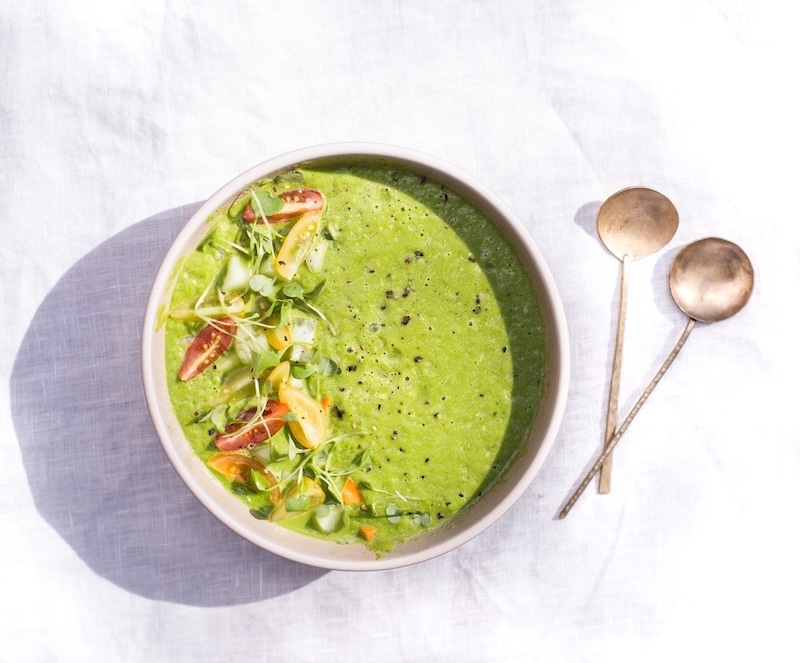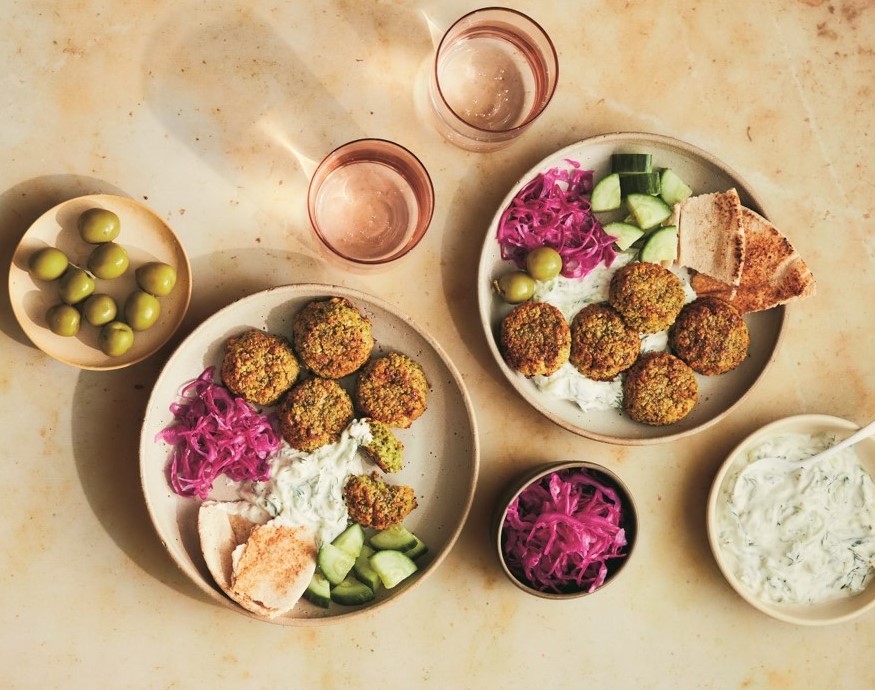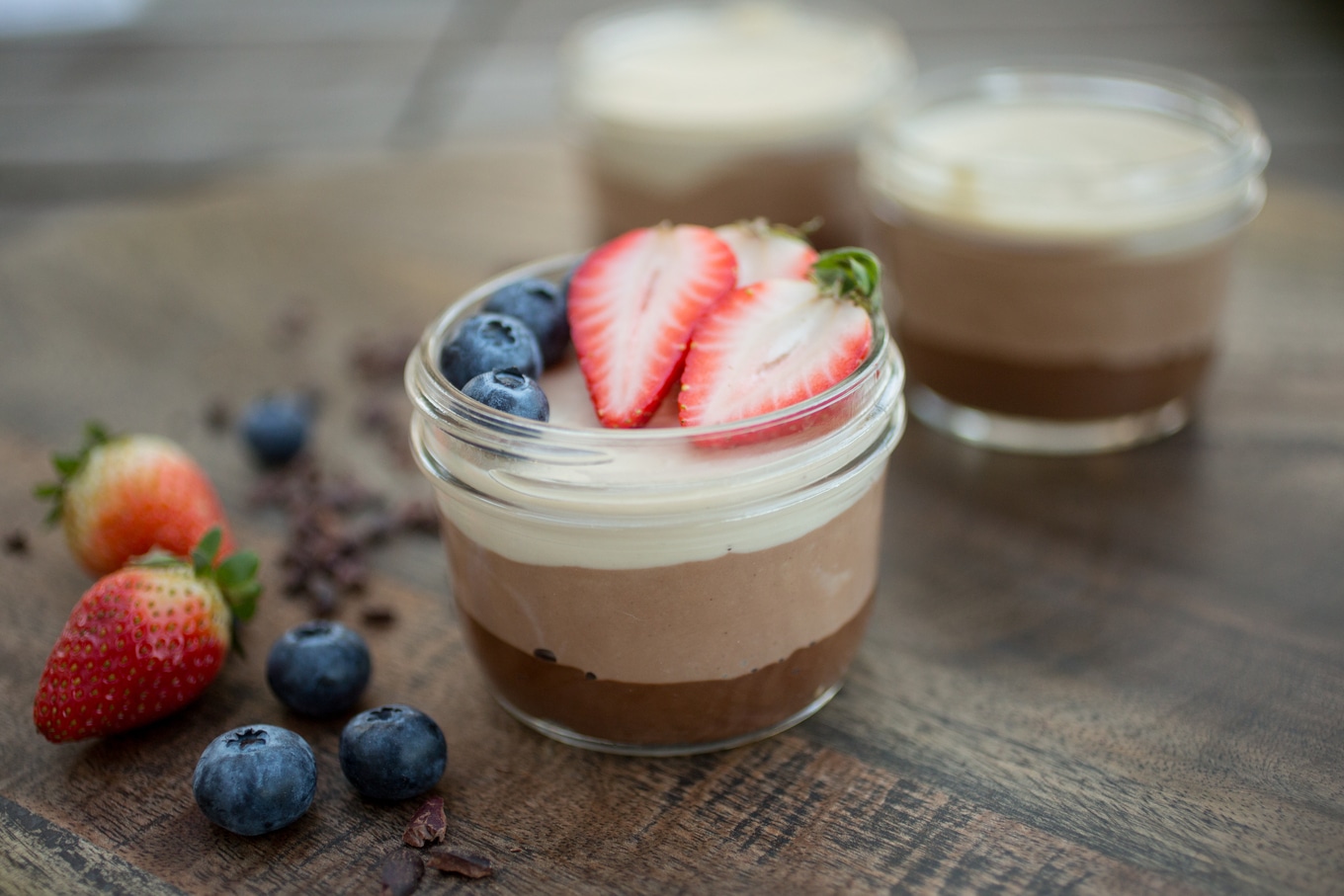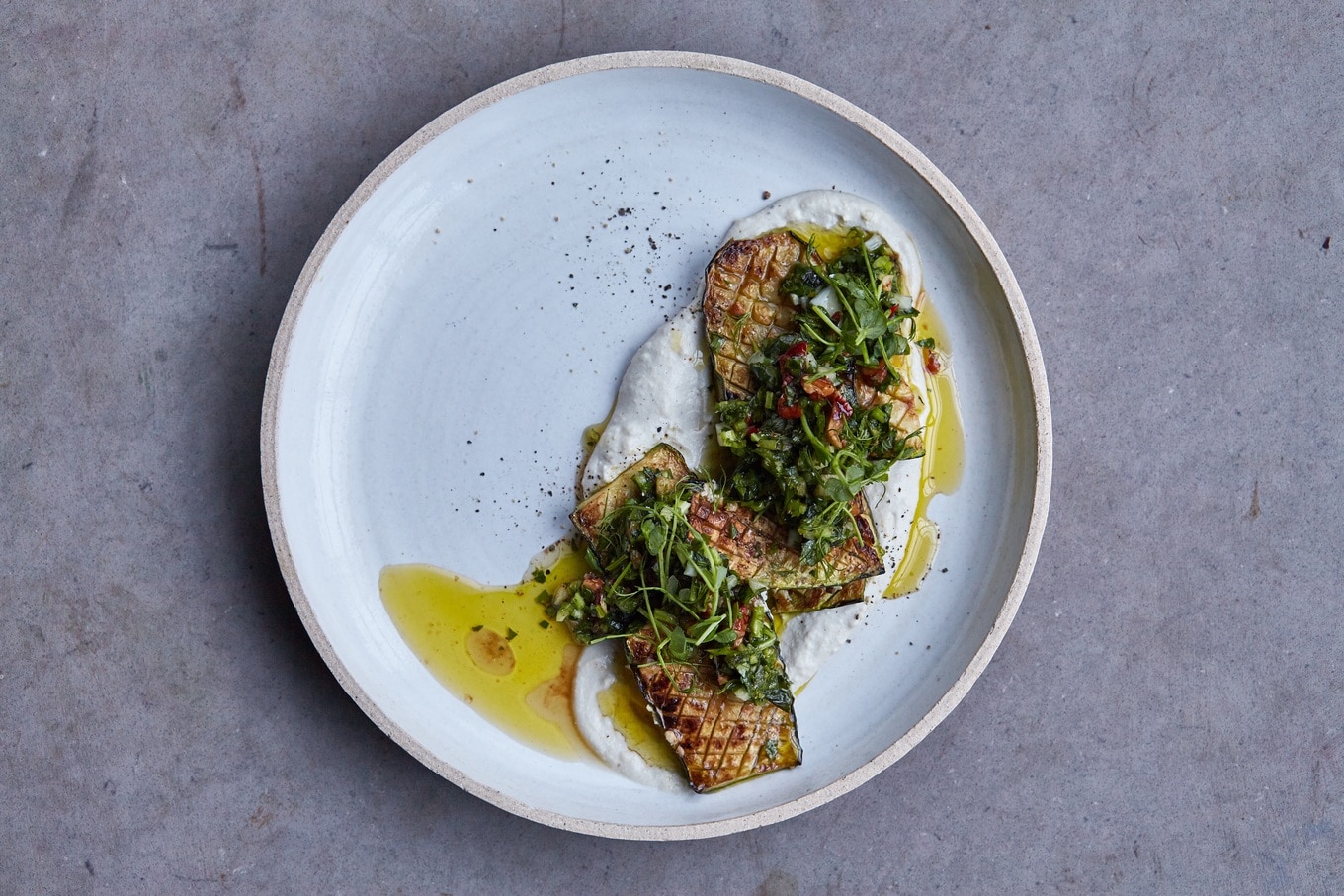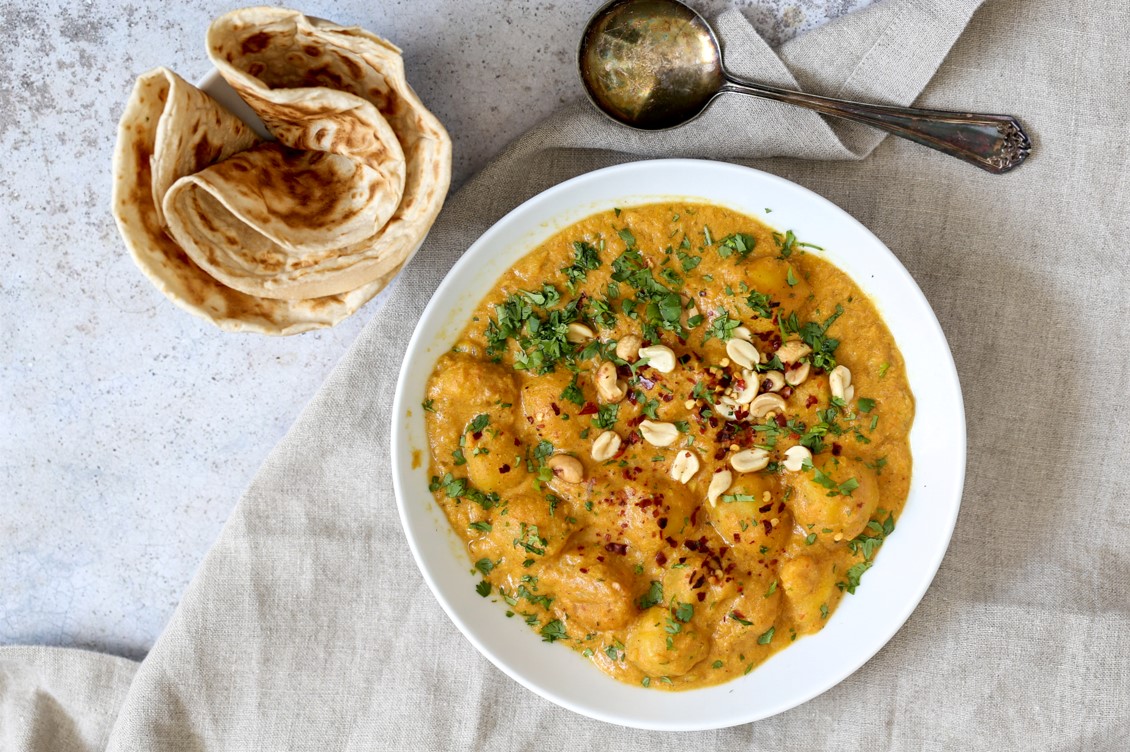Back in ancient Egypt, a princess named Ahmose Meryet Amon died in her 40s, but the cause of her death remained a mystery for centuries. Then, in 2011, modern technology revealed the answer: she was the earliest known person to die from a condition that’s still widespread today: heart disease.
When the findings were released, Gregory Thomas, a professor of cardiology at the University of California, noted that today, Princess Amon’s life could likely have been extended with double bypass surgery, along with advice to eat less fat and exercise more. While modern medicine has undoubtedly saved many lives, heart disease remains one of the world’s leading causes of death—thousands of years after the first known case.
So what causes heart disease? And what can we do to reduce the risk? Can a plant-based diet, for example, lower the chances of developing the life-threatening condition? Here, we take a closer look at the answers to these questions, and we’ve also rounded up some heart-healthy recipes, too.
Heart disease
Globally, heart disease is a major problem. Right now, roughly 640 million people around the world are living with heart and circulatory diseases, which equates to about one in 12. But in the US, where heart disease has been the leading cause of death since the 1950s, the Centers for Disease Control and Prevention reports that one person has a heart attack every 40 seconds. And in 2022, it was the cause of one in every five deaths in American adults aged under 65.
 Cottonbro Studio/Pexels
Cottonbro Studio/Pexels
There are several different types of heart disease, but most heart attacks are caused by coronary artery disease, which is also commonly referred to as coronary heart disease or ischaemic heart disease. It usually occurs when the blood vessels surrounding the heart become clogged with cholesterol, so they are unable to send enough blood, oxygen, and nutrients to the heart.
What causes heart disease?
According to Yelena Wheeler, MPH, RD, a “multitude of factors” can lead to heart disease. She told VegNews that they include things like genetics, environmental stressors, lack of exercise, obesity, and smoking. Socioeconomic status and ethnicity also play a role. This is backed up by a wide body of research. For example, in the US, one 2018 study suggested that Black Americans were 30 percent more likely to die from heart disease than non-Hispanic white people. This is due to a few reasons, most of which stem from systemic racism.
 Adobe
Adobe
Black Americans are less likely to live in safe, walkable neighborhoods, and this can contribute to lower levels of physical activity. Black Americans also suffer higher rates of poverty, which means medical care can be difficult to access. Plus, according to research from McKinsey Global Institute, one out of every five Black households in the US lives in a food desert, where fresh, affordable, nutritious food is not readily accessible. This is a major issue, considering the role that a healthy diet can play in lowering the risk of heart disease.
Does diet improve heart health?
The Standard American Diet is associated with high levels of saturated fat, red meat, processed sugar, and salt, all of which can increase the risk of heart disease. But despite this, the diet is still widespread. Research suggests that, despite its link with heart disease, the consumption of processed meat, for example, has not dropped in the US since 2001. But just like certain foods can increase the risk of heart disease, others can reduce it.
“Diet is one of the only factors within our control which can prevent heart disease,” says Wheeler. “A balanced diet full of complex carbohydrates, fiber, antioxidants, and healthy fats, such as a plant-based diet, is instrumental in heart health.”
In 2021, two studies suggested that eating a nutritious, plant-based diet may lower the risk of cardiovascular disease for both young and older adults. The researchers found that those who ate a nutrient-rich, plant-forward diet were 52 percent less likely to develop heart disease.
“Plant-based diets are instrumental for heart health because they contain no dietary cholesterol, generous amounts of fiber and micronutrients, and very little saturated fat,” adds Ashley Kitchens, MPH, RD, LDN.
How to improve heart health
Several lifestyle changes can help improve heart health. For example, quitting smoking, exercising more, and reducing alcohol intake are all important factors. But eating fewer unhealthy processed foods, like bacon and cheese, for example, and more healthy, plant-based foods is also beneficial. “Increase consumption of plant-based foods that are high in fiber and healthy fats, such as avocados, artichokes, pistachios, and legumes,” recommends Wheeler.
 Adobe
Adobe
“The balance between fiber and healthy fats is vital to maintain weight, digestion, blood sugar control, lower cholesterol, and prevention of atherosclerosis [the build-up of fats and other substances in artery walls],” she adds. And Kitchens agrees. “Foods that are higher in dietary cholesterol and saturated fat, like meat, cheese, and eggs, cause plaque buildup in the arteries, which can lead to heart disease,” she notes.
Heart-healthy, fiber-rich vegan recipes
Kitchens notes that before making any dramatic dietary changes, like switching to a plant-based lifestyle, “it’s important to work closely with your healthcare provider.” This is so that if necessary, they can “monitor your labs and manage your medications.”
In the meantime, if you’re ready to give some heart-healthy dishes a try, here are a few delicious recipes to get you started. Each one is packed with fiber and healthy fats.
1Warm Lentil, Sweet Potato, and Arugula Salad
Sweet potatoes (which are rich in potassium and fiber), lentils (which are also rich in potassium and fiber, as well as folate), and arugula (which contains calcium and magnesium), are three super heart-healthy ingredients. But just because they’re good for you, doesn’t mean they have to taste boring. Throw them together in this delicious warm salad and top with a zesty homemade dressing made with olive oil (which is rich in monounsaturated fats).
Get the recipe
2 Sweet Potato Chili
Sweet potatoes are a great heart-healthy ingredient, and that’s largely thanks to their soluble fiber content, which may actually lower cholesterol levels. There are many ways to enjoy sweet potatoes. But chili is arguably one of the best. For a warming and flavorful weeknight dinner, mix them together with other nutritious ingredients like onions, bell peppers, and kidney beans. Again, olive oil contributes those important heart-healthy fats.
Get the recipe
3 Butternut Squash Soup
Similar to sweet potatoes, butternut squash is also high in potassium, which can help manage blood pressure levels. It also just so happens to be delicious, fiber-rich, and when blended, gives soups a creamy, velvety texture. Cook the vegetables in olive oil to increase the monounsaturated fat content.
Get the recipe
4 Firecracker Tofu With Broccolini and Chili Garlic Oil
Tofu is another plant-based ingredient associated with good heart health. In fact, in 2020, one study suggested that people who eat one serving of tofu a week—which contains a heart-healthy compound called isoflavone—have an 18 percent lower risk of heart disease than those who eat it less than once a month. Tofu is also a versatile ingredient to cook with, as it efficiently soaks up the flavors of herbs and spices. If you like a bit of spice every now and then, try this firecracker tofu, served with chili garlic oil and vitamin-rich, fiber-dense broccolini.
Get the recipe
5 Quinoa and Chickpea Burgers
Both quinoa and chickpeas are rich in fiber and antioxidants, which are linked with a reduced risk of heart disease. And, when combined with other nutritious ingredients like chia seeds (which contain omega-3 fatty acids), onions, and mushrooms, they can also make a tasty burger patty, ideal for throwing on the grill.
Get the recipe
6 Easy Maple Peanut Butter Pancakes
This recipe is heart-healthy thanks to its high fiber content from oat flour and the gluten-free blend, which supports healthy cholesterol levels. The unsweetened peanut butter adds healthy fats, too. But the best part: it’s also rich, nutty, comforting, and flavorful.
Get the recipe
7 Sweet Mango Chia Seed Pudding
This tropical mango chia pudding is heart-healthy thanks to the chia seeds, which are rich in fiber and omega-3 fatty acids. It’s also irresistibly creamy, sweet, and bursting with fresh mango flavor, making it as delicious as it is nourishing.
Get the recipe
8 Spicy Raw Avocado-Jalapeño Soup
Fiber-rich vegetables like spinach and carrots make up this healthy soup, alongside healthy fats like avocado and tahini. It’s also bright, spicy, and ultra-creamy, with a cooling kick from cucumber that makes it perfect for warm-weather lunches.
Get the recipe
9 Grain-Free Lemon Olive Oil Cake
This grain-free lemon olive oil cake is heart-healthy thanks to olive oil and ground flaxseed, both rich in omega-3 and monounsaturated fats. It’s also packed with fiber from almond flour, flax, and white beans, making it as nourishing as it is irresistibly delicious.
Get the recipe
10 Falafel Bowls With Quick-Pickled Cabbage and Tzatziki
Want a heart-healthy powerhouse that is also delicious? Look no further than these falafel bowls, which are packed with fiber, plant protein, and healthy fats. The falafel features chickpeas and olive oil, while the pickled cabbage adds crunch and gut-friendly benefits. Fresh cucumber and creamy vegan tzatziki bring the refreshing flavor.
Get the recipe
11 Avocado Chocolate Mousse With Vanilla Cashew Cream
This rich, velvety mousse is as heart-healthy as it is indulgent. Avocados, cashews, and coconut oil provide a generous dose of monounsaturated and polyunsaturated fats, while cacao and avocado add gut-friendly fiber to the mix.
Get the recipe
12 Sizzling Zucchini With Creamy Tzatziki and Chimichurri
This flavorful dish is rich in fiber from zucchini and cucumber, while olive oil and vegan yogurt provide heart-healthy monounsaturated fats. Fresh herbs do more than boost taste—they also deliver antioxidants and anti-inflammatory benefits.
Get the recipe
13Instant Pot Spiced Potato Curry
This hearty curry is packed with fiber-rich potatoes and chickpea flour, while sunflower oil and spices like fenugreek and cumin bring anti-inflammatory properties and healthy fats. With no added saturated fats, this flavorful dish is both heart-smart and deeply nourishing.
Get the recipe
14 Batter-Fried Santorini Tomato Fritters
These crisp, savory fritters deliver heart-healthy benefits and plenty of delicious Mediterranean flavor. Tomatoes provide fiber and lycopene, a powerful antioxidant linked to reduced heart disease risk. Sunflower oil also offers unsaturated fats, while fresh parsley adds extra nutrients and anti-inflammatory compounds.
Get the recipe
15 Two-Step Chickpea Tuna Salad Sandwiches
This sandwich isn’t just a satisfying lunch choice; it’s nutrient-dense, too. Chickpeas deliver fiber and plant-based protein to support heart function and lower cholesterol, while olive oil-based vegan mayo contributes healthy fats. Nori and capers combine to give that essential fishy flavor.
Get the recipe
16 Mandarin Kohlrabi Salad With Creamy Cashew Poppy Seed Dressing
This refreshing salad is heart-healthy and full of flavor. Kohlrabi provides gut-friendly fiber, while cashew milk yogurt offers healthy unsaturated fats and a creamy texture without cholesterol. Poppy seeds add a small boost of beneficial fats, and the mandarins bring vitamin C and natural sweetness for a bright, balanced bite.
Get the recipe
17 Chocolate-Dipped Peanut Butter Coconut Oat Bites
These tasty bites deliver energy and heart-healthy benefits. Peanut butter and coconut provide monounsaturated and polyunsaturated fats that support heart health, while oats and coconut flakes bring the fiber. The dark chocolate dip also adds antioxidants, plus a delicious, rich finish.
Get the recipe
More information on heart health
If you want to learn more about heart health, and the role that a plant-based diet can play in maintaining it, there are many resources on offer.
The Ornish Lifestyle Medicine program, for example, was created by Dean Ornish, MD, who is also the founder of the Preventive Medicine Research Institute. The program, which claims to be the “only program scientifically proven to reverse heart disease,” is available online, and has been voted a top diet for heart health by US News & World Report. Ornish has also released a book called UnDo It!, which aims to explain the impact that simple lifestyle changes can have when it comes to managing and reversing chronic diseases.
How Not to Die, a book written by Michael Greger, MD, also covers the link between plant-based nutrition and heart health, as does Greger’s website, NutrtionFacts.org. Caldwell Esselstyn, MD, the director of Cleveland Clinic’s Heart Disease Reversal Program, has also written a book called Prevent and Reverse Heart Disease: The Revolutionary, Scientifically Proven, Nutrition-Based Cure.
For more plant-based stories like this, read:
Here at VegNews, we live and breathe the plant-based lifestyle, and only recommend products we feel make our lives amazing. Occasionally, articles may include shopping links where we might earn a small commission, but in no way does this effect the editorial integrity of VegNews.

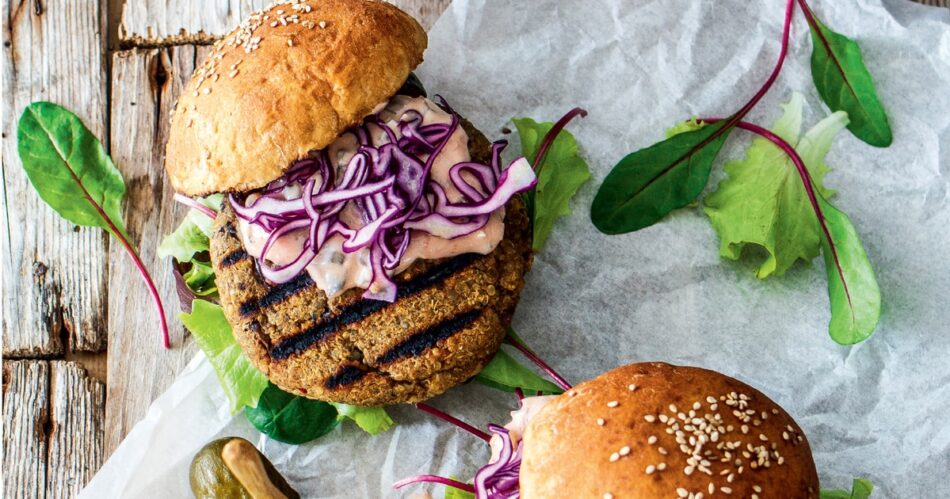
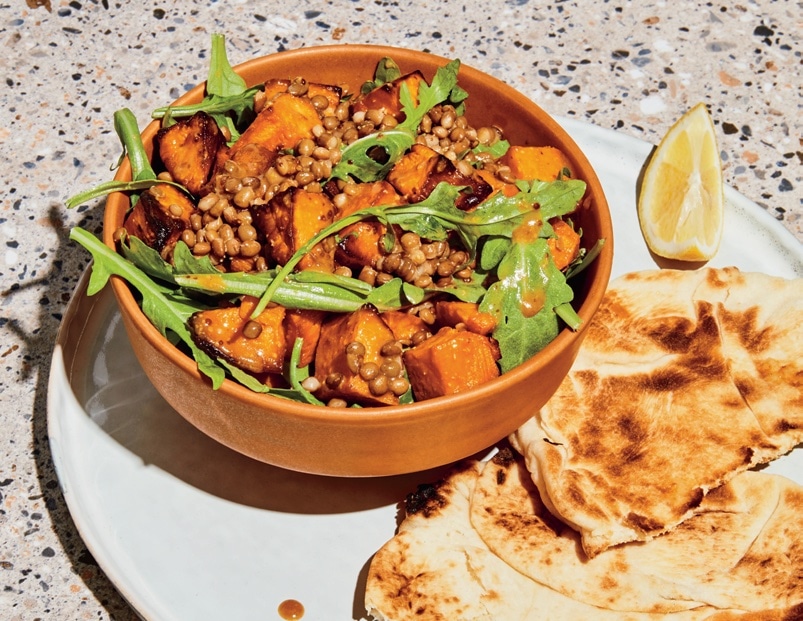
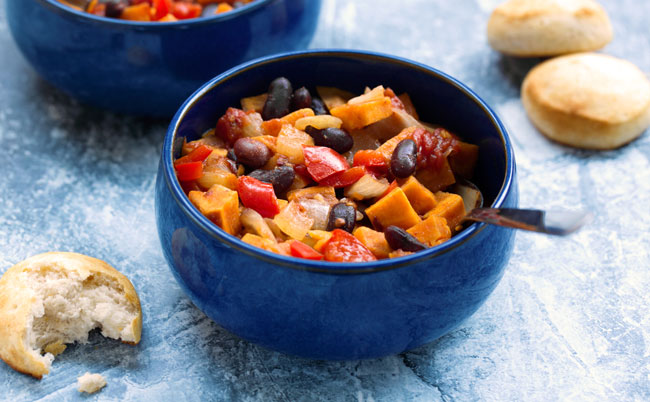
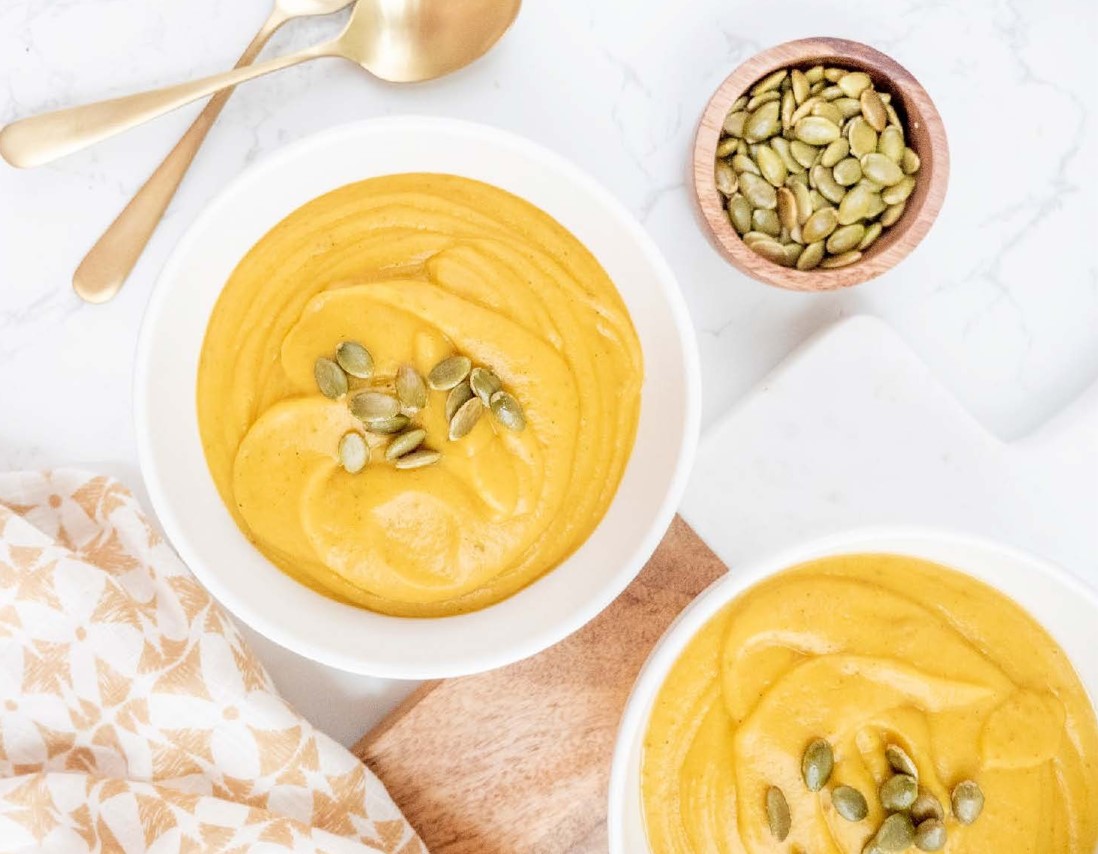
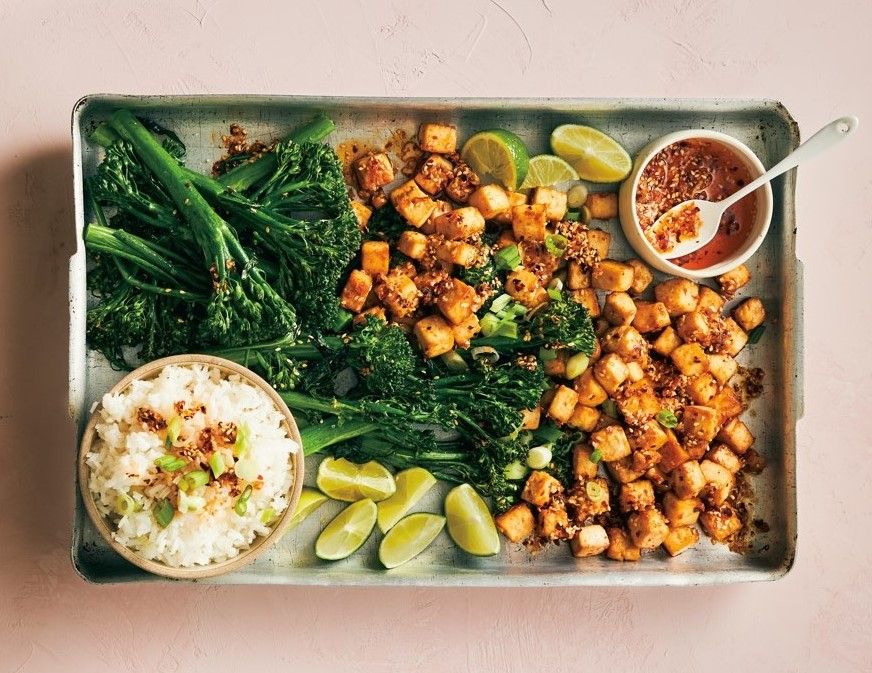
.jpg)

